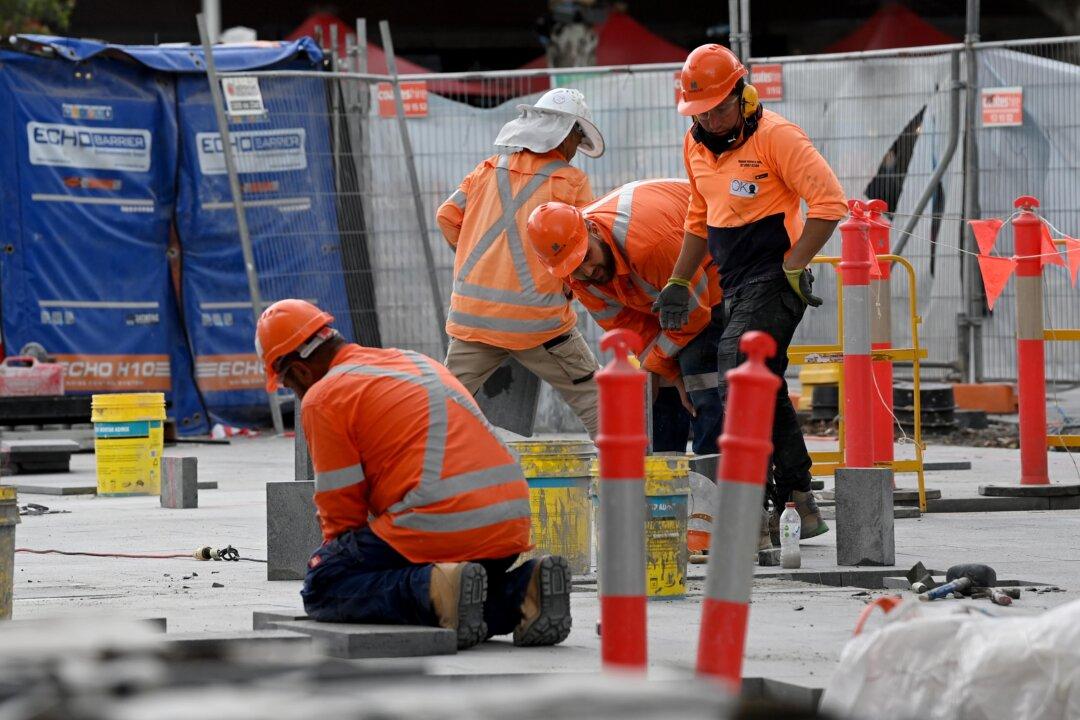The government has been criticised for delaying investment in essential skills following a review of incentive schemes for apprentices.
Skills Minister Brendan O'Connor, on Feb. 19, outlined a review of the Australian Apprenticeships Incentive System, which offers a financial boost to employers hiring trainees in essential industries.





